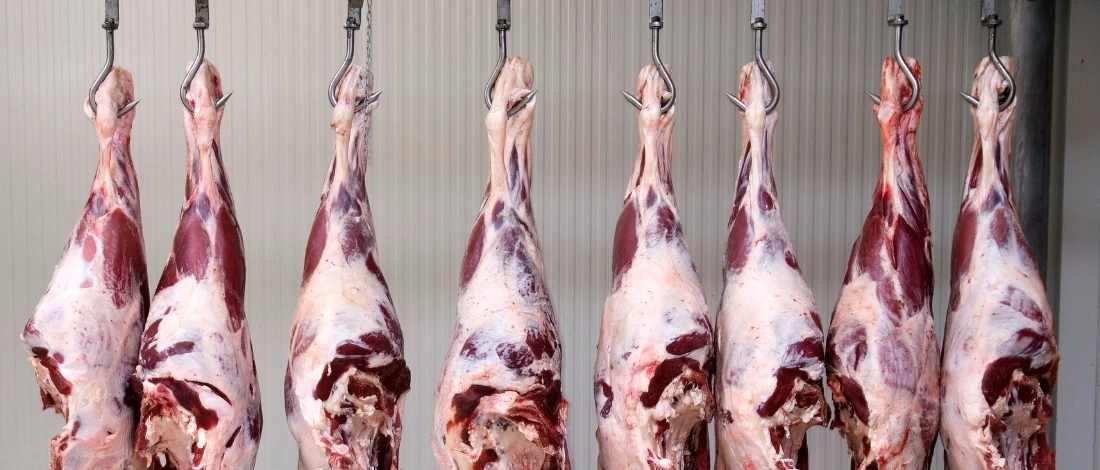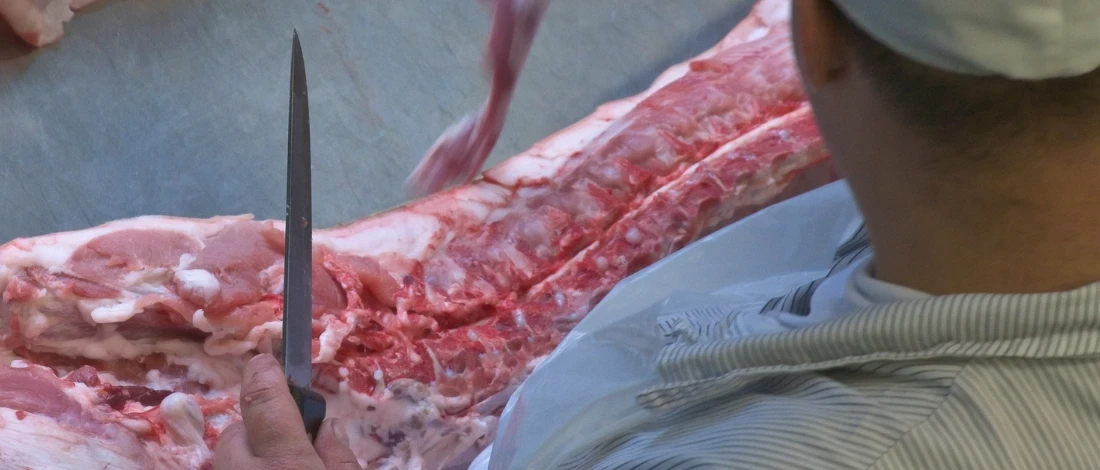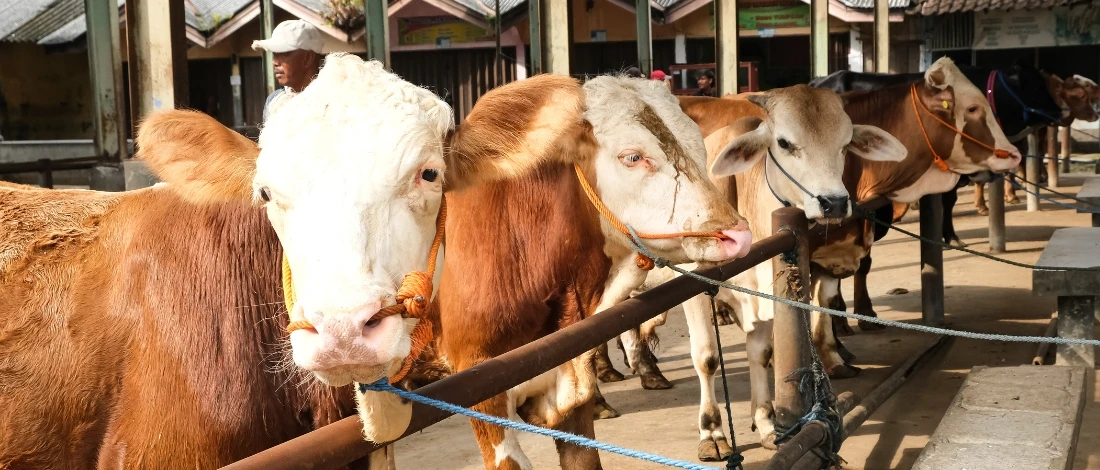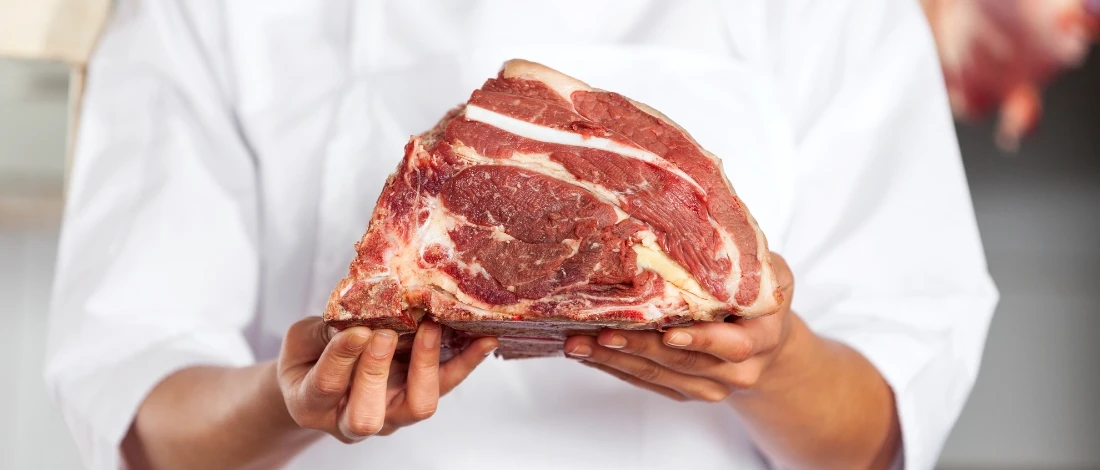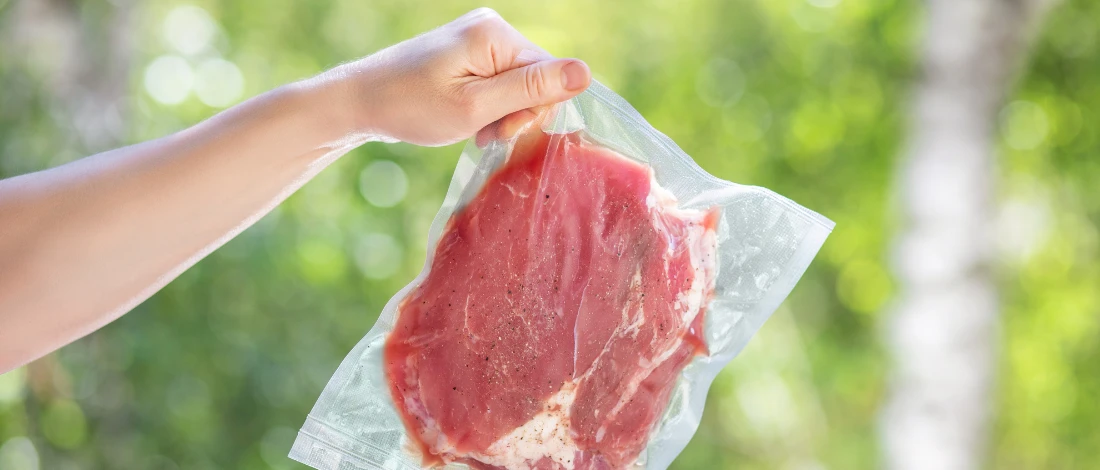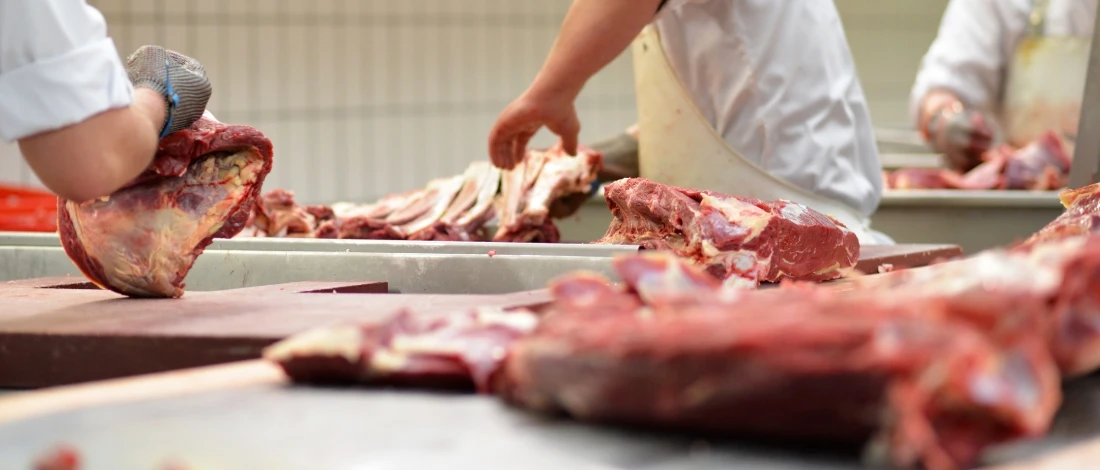Denver Votes to Keep Slaughterhouse, Spotlighting Complex Food Industry Dynamics
Denver voters recently rejected a measure to close a critical slaughterhouse in the city’s Globeville neighborhood, emphasizing the facility’s crucial role in the nation’s lamb production.
This plant processes 15-20% of the U.S. lamb supply, and its potential shutdown had raised both local and national concerns, underscoring the intricate relationship between local communities and the food industry.
A Potential Ripple in the Lamb Supply Chain
Jennifer Martin, an associate professor of animal sciences at Colorado State University, led a study on the possible impact of the facility’s closure.
“Our report found that a closure of the Denver facility would require most of the sheep harvested there to instead be harvested in other states,” Martin shared.
The change, she noted, could have led to a roughly 2% drop in the country’s livestock production. This slight reduction may seem small, but it could lead to fewer sheep being raised and harvested.
A decline in livestock production affects everything from sheep farming to consumer availability, Martin explained.
According to her research, this ripple effect is not just about numbers. A closure would likely mean reduced employment opportunities and a shift away from sheep farming toward other agricultural sectors.
Essentially, Denver’s decision to keep the plant open reverberates through the entire supply chain, sustaining an industry that, as Martin puts it, “faces challenges in getting lamb meat to consumers.”
More Than Just Local: A Global Perspective
Martin also highlighted the larger complexities of a globally connected meat industry, saying, “The ballot measure highlighted the complexities of the meat supply chain.”
This vote shows how the industry’s fate can balance on community decisions like this one. In fact, Martin explained, “Balancing the value of the export market with imports from other countries underpins the profitability of livestock and meat producers across the globe.”
This vote not only saved jobs locally but also kept a key piece of the national lamb market intact. However, it also reflects the broader tug-of-war in the food industry between local community impacts and far-reaching economic effects.
Denver’s decision, for now, keeps lamb production steady and its local economy humming.
Curious about how local decisions impact the national food supply chain? Visit our homepage for insights into the meat industry and its dynamics.

